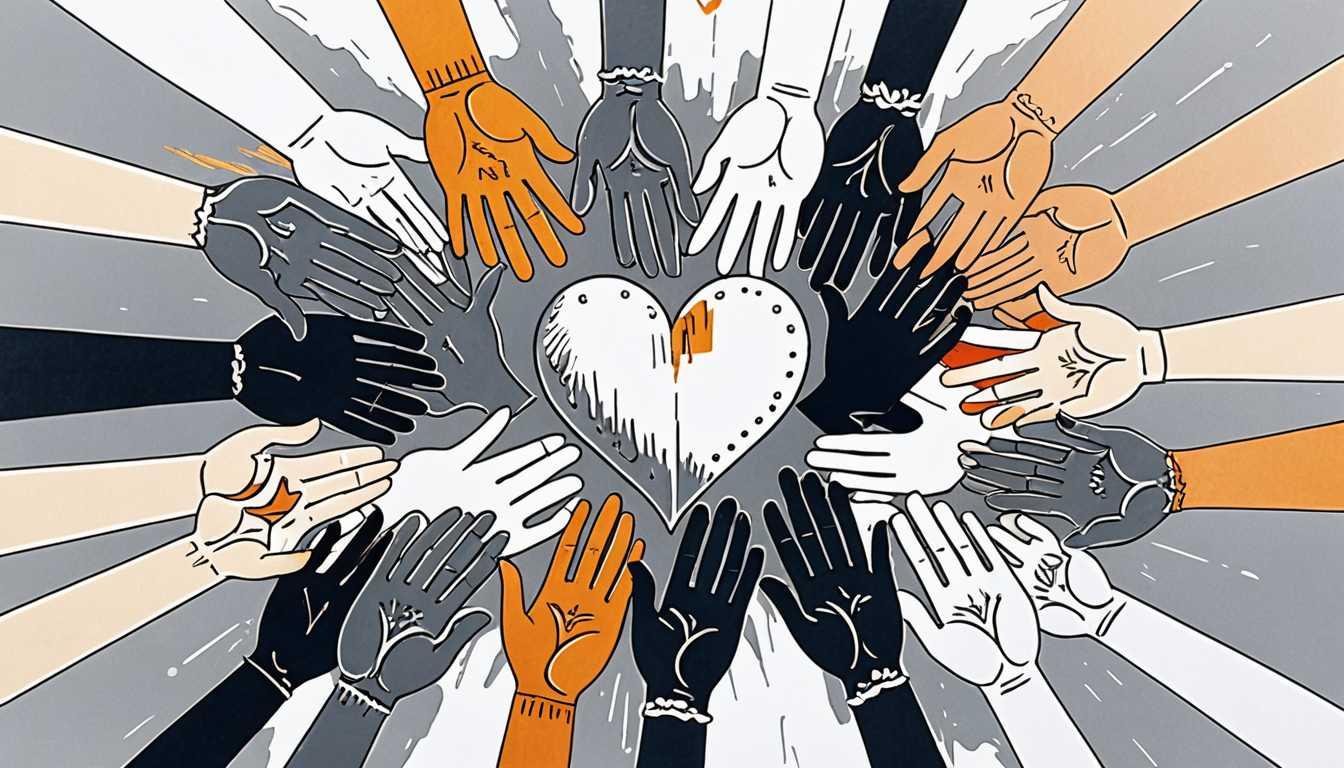Culture Meets Pandemic: A Global Tale
April 2023
London School of Economics (LSE)
Introduction
Dive into the fascinating world of how our cultural habits and global connections shape our battles with infectious diseases, like COVID-19. From sunbathing in Munich to social distancing norms, the London School of Economics (LSE) article unveils how our cultural backgrounds influence disease spread and our responses to it. With a mix of humor and insight, this piece will make you rethink your next handshake or hug!
READ FULL ARTICLEWhy It Matters
Discover how this topic shapes your world and future
Dancing with Diseases in a Globalized World
Imagine a world where every handshake, every crowded concert, and every family gathering could potentially spark a new disease outbreak. This isn't a plot from a science fiction movie—it's the reality we live in, shaped by the forces of culture and globalization. The way we fight infectious diseases isn't just about medicine; it's deeply intertwined with how cultures interact and how connected our world has become. From the photo of sunbathers in Munich to the complexities of multicultural societies, our battle against pathogens like COVID-19 is a dance that involves more than just science. It's about understanding the rhythms of human behavior, the patterns of migration, and the flow of ideas across borders. For you, this means looking beyond the biology textbook to see how history, politics, and sociology play crucial roles in public health. It's a fascinating journey that shows just how interconnected our world is, and how our actions—guided by our cultural backgrounds—can have global impacts.
Speak like a Scholar
Pandemic
A disease outbreak that spreads across multiple countries or continents, affecting a large number of people.
Globalization
The process by which businesses or other organizations develop international influence or start operating on an international scale, leading to increased interconnectedness.
Cultural Norms
The rules or behaviors that are considered normal within a specific group or society.
Non-Pharmaceutical Interventions (NPIs)
Actions, apart from getting vaccinated and taking medicine, that people and communities can take to help slow the spread of illnesses.
Multiculturalism
The presence of, or support for the presence of, several distinct cultural or ethnic groups within a society.
Herd Immunity
A form of indirect protection from infectious diseases that occurs when a large percentage of a population has become immune to an infection, thereby providing a measure of protection for individuals who are not immune.
Independent Research Ideas
Cultural Influences on Pandemic Response
Explore how different cultures' attitudes towards authority and individualism affect their responses to pandemic guidelines and measures.
Globalization and Disease Spread
Investigate the role of modern travel and trade in the spread of infectious diseases, comparing historical pandemics to today's challenges.
Social Media’s Role in Shaping Public Health Behavior
Examine how information and misinformation about diseases spread on social media platforms influence public behavior and attitudes towards health measures.
The Impact of Urban Design on Infectious Disease Spread
Analyze how the design of cities and public spaces can either facilitate or hinder the spread of diseases, and how urban planning can be used as a tool in public health.
Vaccine Hesitancy and Cultural Beliefs
Delve into how cultural beliefs and historical mistrust in medical systems influence vaccine acceptance rates in different communities, and what strategies can be used to increase vaccine uptake.
Related Articles

Kretek: Indonesia's Spicy Cigarette Secret
April 2024
Cornell University

Healing Divides: Democracy's Hope
May 2023
UC Berkeley

Who’s the Good Influencer? A Global Survey!
June 2024
King's College London - News

Rethinking Society Post-Pandemic
May 2022
Harvard Magazine

Bridging Divides: A Path to Democracy
October 2024
UC Berkeley NewsCenter